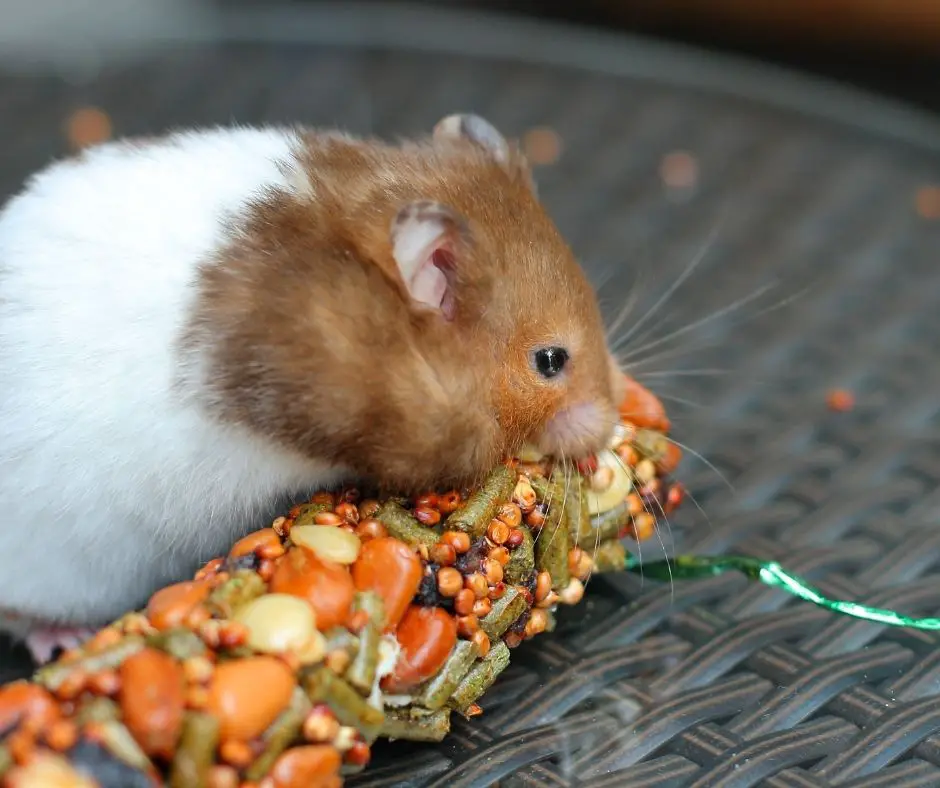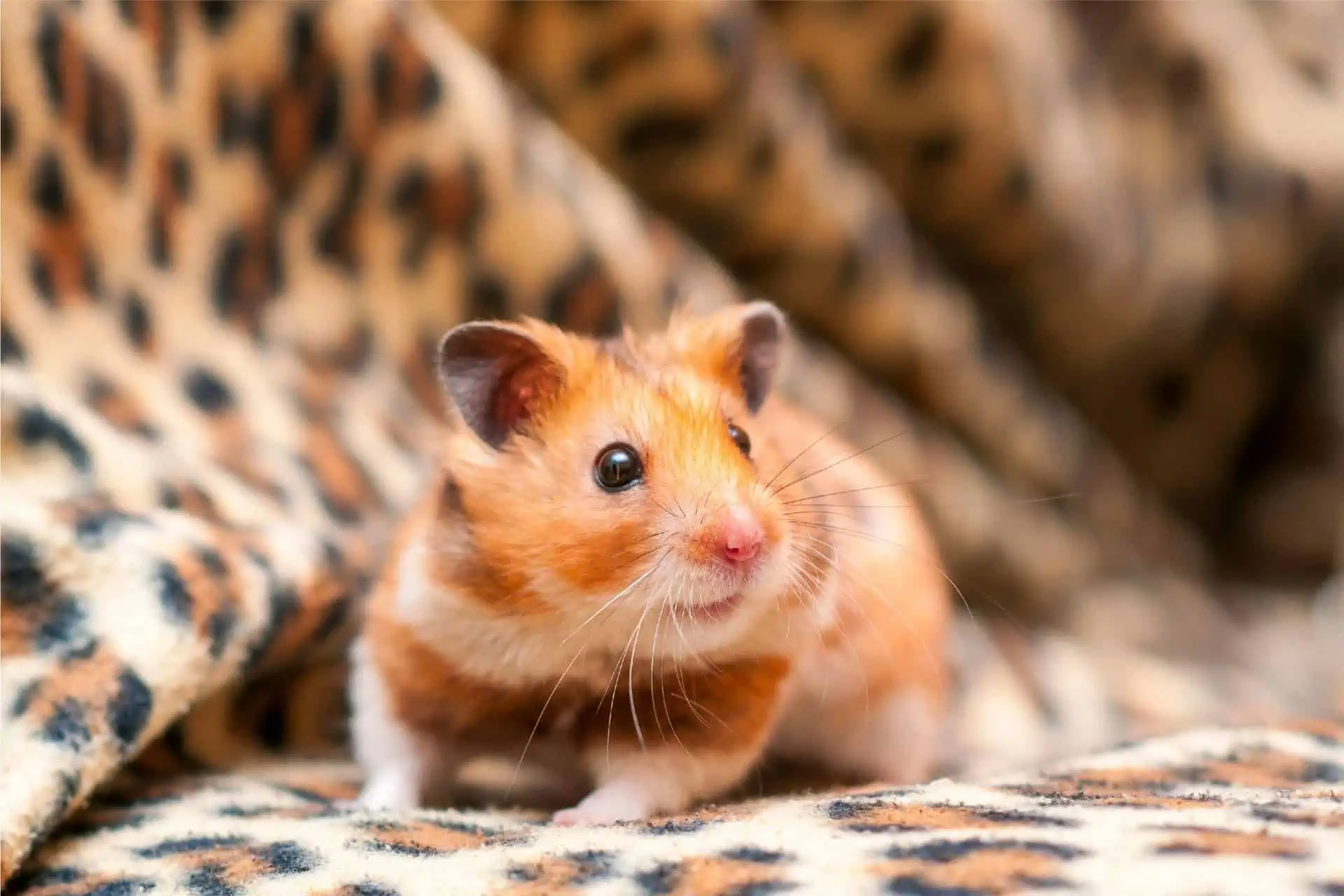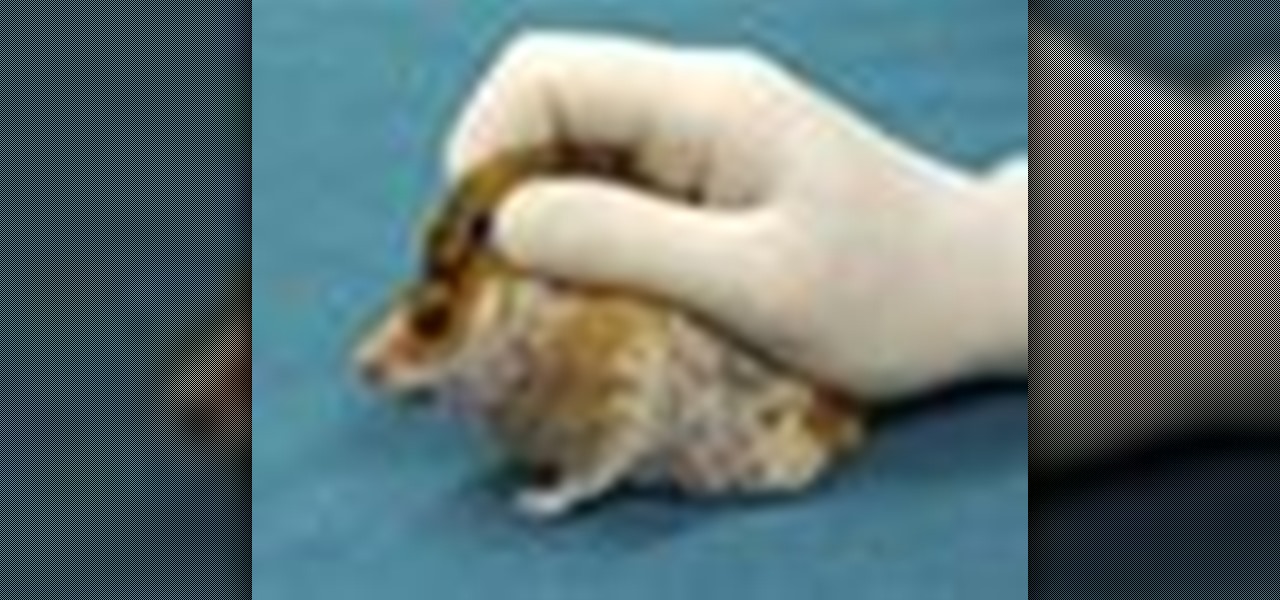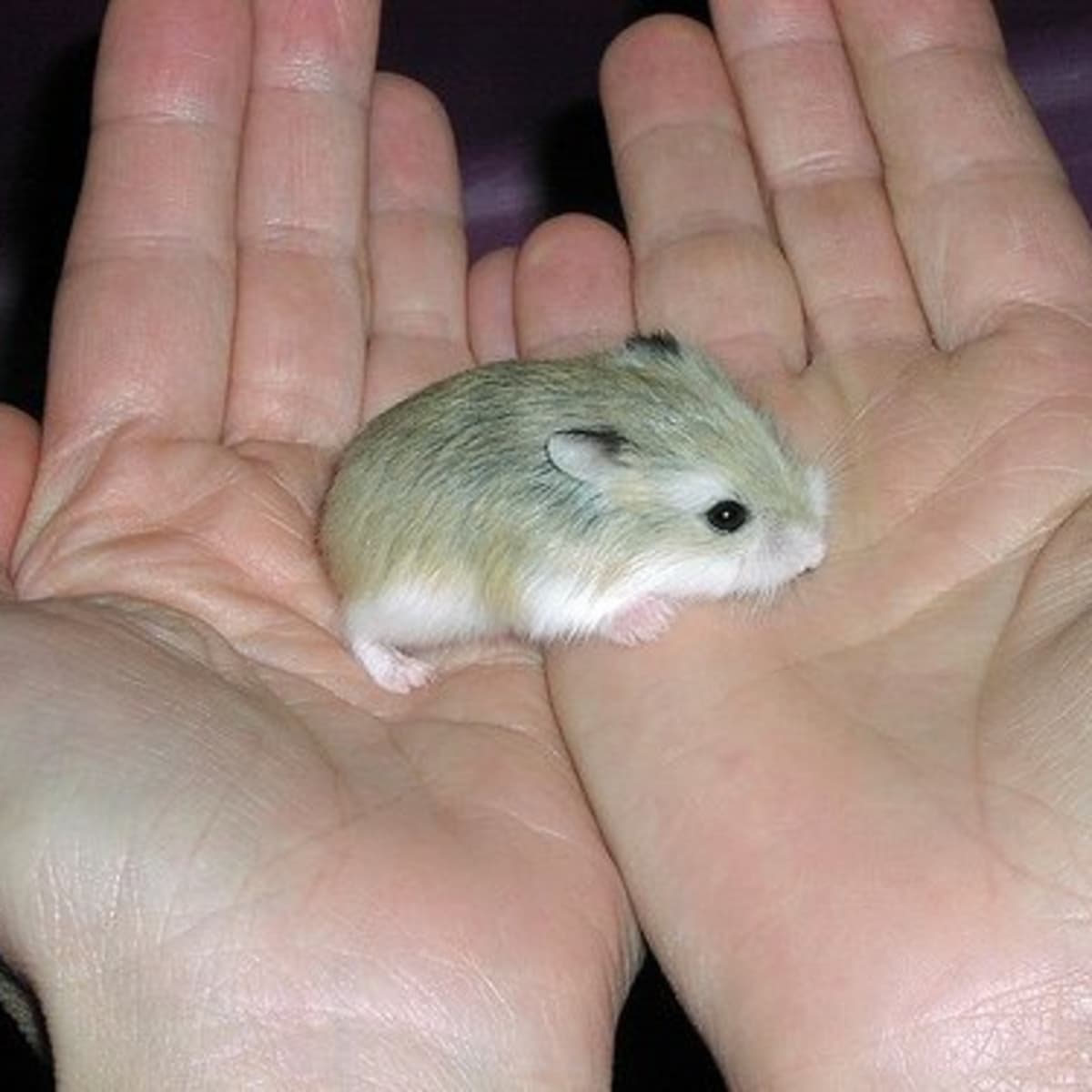Beautiful Work Info About How To Handle Hamsters

Daily handling also provides environmental enrichment.
How to handle hamsters. You need to build a bond with your hamster if you want to enjoy successful training, and the best way to build this bond is through regular handling. Training your hamster to enjoy being handled. Gently lower your hamster back in his cage.
Hold him for a short period of time initially (less than a. When petting a hamster, use one finger to gently stroke his back, belly, or the top of his head. Smell and hearing are the hamster's two strongest senses.
Hamsters have a great sense of smell, and so a good option is an unscented soap which won’t make you smell like a treat. Choosing the right age for training your hamster is critical. Training your hamster will increase its confidence and strengthen your relationship.
Around four weeks of age, you will need to be separate the pups from their mother. Tip #31 leave hamster mom and pups alone. A new home environment can be stressful & scary for your new hamster, and it can take time for them to get used to all the new sights, sounds and smells.
Place your hamster back in his cage. Train your hamster to use a litter box inside its cage and stop biting or chewing. Place a hand in the cage and do nothing more.
Once the timing is right, take things in stages. Treats holding your hamster moving around problems and solutions handling a small pet can be one of the joys of having it around, but not all pets enjoy being handled right away, including some new hamsters. Some hamsters need to be tamed before you can safely hold them.
Let your hamster investigate at length. Hamsters need plenty of rest and sleep to stay healthy and happy, and too much handling can cause stress and anxiety. You should also not attempt to handle them when they are hungry—a hungry hamster is often an anxious hamster.
You can spread out your palm and allow him to simply step off your hand. You can't rush the hamster into liking you. They are prey animals and can become frightened or stressed when handled improperly, leading to health issues.
Once your hamster accepts a treat from your hand, you can place your hand inside the cage but no until you wash your. Hamsters have fragile bones and can easily become injured if not handled correctly. Hamsters should not be handled when they are resting or sleeping, unless.
Baby hamsters or pups as they’re affectionately known should be with their mother for roughly four weeks. Spend some time every day picking up and carefully handling them. Often, hamsters are most active in the evening and night.

















